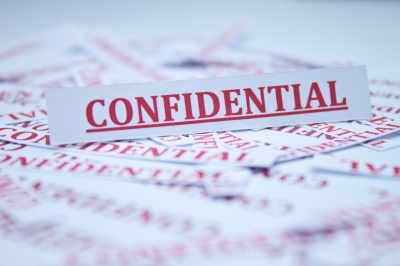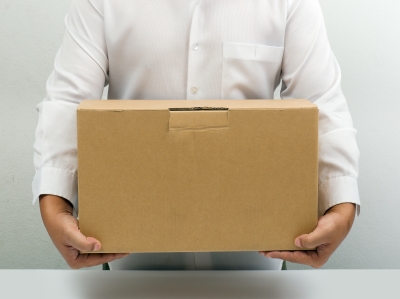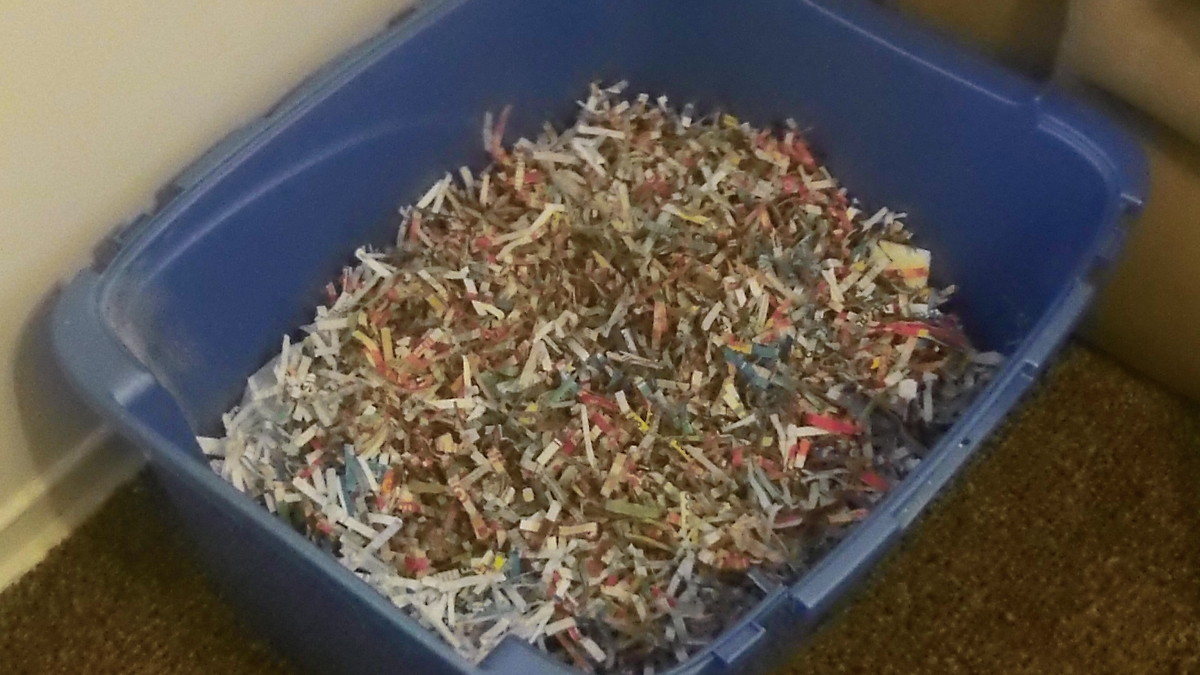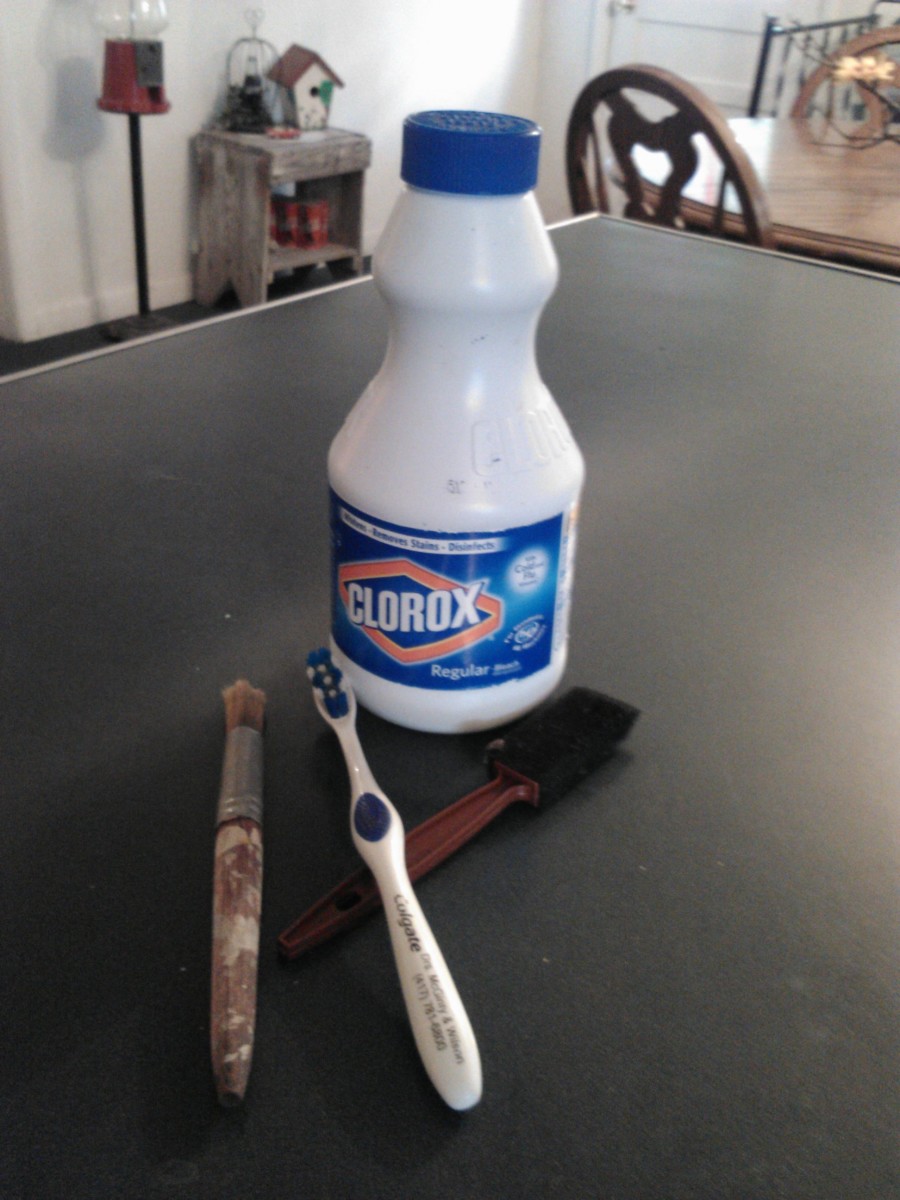How to Select a Paper Shredder
Why People Shred Paper

Paper Shredders--A Brief History
Have you ever wondered where certain inventions came from? Take paper shredders, for example. Most, if not all businesses have a few around, and many of us have them at home as well, for security purposes (though there are other reasons to shred paper, that is the most common). But where did the paper shredder come from?
One day in 1909, or so, Augustus Abbot Low of Horseshoe, New York, came up with an idea. He called his idea a "waste paper receptacle", and got a patent that year--but it was never manufactured.
Enter Adolph Ehinger, who in 1935 began using a hand operated adapted pasta maker in Germany. It is thought he was shredding anti-Nazi propaganda (certainly a wise application of the pasta maker in that time and place). Eventually, he motorized his adaptation, and invented the crosscut shredder so common today, marketing it first in 1959. His company is still one of the largest producers of industrial paper shredders in the world today.
Until the early 1980s, industrial paper shredders were used almost exclusively by governments, and there were few made or used in homes. Businesses were a small part of the market. In 1988, when the Supreme Court decided in the case of California Vs. Greenwood that trash wasn't protected by the fourth amendment--American businesses began buying paper shredders, and have been doing so since--as have many private citizens.
Storing before Shredders

Choosing A Paper Shredder For Home Use
There are two basic types of paper shredders--strip shredders and cross cut shredders. Of the two, the cross cut is far superior, as it is nearly impossible to re-construct a cross cut document. Most paper shredders built for home use are extremely light weight, compact, and often attached to their own trash can, or designed to be mounted on a trash can. They will handle several sheets of paper at once, or a single envelope. Some of the better models will also shred credit cards and other plastic cards of the same thickness.
When you're shopping for a paper shredder for your home, you will want to consider the use level you need. It never hurts to buy one larger than you think you'll want--they can be very handy things to have around, and there is always paper that can be shredded :-). If your paper load is primarily junk mail and unimportant papers, then you can use a standard strip paper shredder. If, however, you have a home business, or you will be shredding old bills or other papers with personal information, going with a cross cut shredder would be a good idea.
Once you have determined your basic load--how much paper you're going to be shredding--then you can start shopping. As previously stated, it's never a bad idea to get the model above the one you originally consider, for several reasons:
- Convenience-- Once you have one, you'll discover the amount of paper you can shred seems to magically multiply. Most people start out only shredding old junk mail and scrap paper or envelopes--but before long, you'll be shredding all the paper you can find, because shredded paper has a lot of uses--which we will explore later
- Durability-- Paper shredders built for home use are not very durable--they jam easily, and they have an annoyingly short life span in the average home office. Since the industrial paper shredders are much larger, and more expensive, you probably won't want to go that far--but buying the bottom of the line model paper shredder will probably lead to frustration over time. After the third or fourth time you have to dis-assemble your shredder to clear a paper jam, you'll end up buying a better one anyway.
Paper Shredders For Home Use

Typical home office load

Fixing A Jammed Paper Shredder
The biggest problem you will encounter with home quality paper shredders is jamming. While industrial shredders are over-engineered so jams are rare, the home models aren't designed for the same paper load or use. Many will turn off when they begin to overheat, to protect the motor drive--this is a good thing, but can be inconvenient when you have a lot to shred.
When it comes to jamming, the less expensive home model paper shredders are prone to jamming on a fairly regular basis, especially if they are subjected to children. An enthusiastic young office helper (anywhere from 5 to 15) can to terrible things to innocent office equipment, including the paper shredder. This being the case, there are some helpful links below, and a video, so you can fix your jammed paper shredder.
This isn't really very hard to do, as a rule, requiring only some patience, and usually a screwdriver--but be prepared to have to do this occasionally.
Links For Fixing Paper Shredders And Choosing Paper Shredders
- How to Choose a Paper Shredder (with Pictures) - wikiHow
How to Choose a Paper Shredder. More and more businesses and individuals are choosing to have paper shredders to protect themselves from identity theft and other crimes. Companies have improved not only security but also ease of use and... - Paper Shredders Info: Paper Shredder - Paper Jam
From The Experts - How to Unjam a Paper Shredder: 7 Steps (with Pictures) - wikiHow
How to Unjam a Paper Shredder. Shredders are useful things, but incredibly annoying when they get jammed up. Whether you put too much paper in or were try to shred newspaper, here's how to quickly get rid of it. Turn the shredder off at... - How to Fix a Paper Shredder | eHow.com
How to Fix a Paper Shredder. Once a luxury only used in large offices, personal and office paper shredders are now a must for any home or office. Like any other office machine, they can grow sluggish from too much use and too little maintenance. Ther
Fixing A Paper Shredder--From EHow
Shredder Stats
Do you own a paper shredder?
Industrial Paper Shredders
For those with larger offices, lots of kids, or serious amounts of paper to be dealt with, there are some reasonable industrial shredders on the market. There are advantages and disadvantages to owning an industrial model:
- Pros-- They rarely, if ever, jam. They also last forever, need little or no maintenance, and can handle all the paper the average person can provide.
- Cons--Unless you have a good sized office space, they take up room. They are bulky, heavy, and can be very expensive if you get the highest security level models.
The average home will never need one of these, but the average business should have an industrial paper shredder, preferably a cross cut shredder, not only to cut down on trash volume but for security purposes. Businesses dealing in sensitive data typically will have a high security industrial paper shredder, a step above a cross cut shredder or will use a professional document shredding service to dispose of sensitive materials.
Industrial Paper Shredders and Shredder Supplies
A Quick Mention Of Industrial Shredding Services
aFor those who really don't want the bother--or don't have the time--there are professional document shredding services available in most major cities and in many smaller towns as well. Document destruction, by shredding and occasionally burning the shreds, is a stable and growing business even in the digital age, so you can always store all your sensitive documents in one location and take them to a professional once a year--if you have the storage space, of course.
Things You Can Do With Shredded paper
Just a short list, but you don't have to throw it away, you know. Non-sensitive shredded paper can be used for packing material, in various types of papier mache craft projects, making your own home made paper as a hobby (or for profit), and if sorted, you can also use shredded paper in your compost heap. I have used it as a mulch underneath cedar chips in the garden before--it worked :-). There are also recycling companies that will take shredded or un-shredded paper of different types, and some will pay you a few cents a pound for it, which will keep it out of the waste stream entirely.
Whatever you choose to do with it, you will discover shredding your paper does have a benefit beyond security--it decreases the trash burden. You can pack a lot of shredded paper in one trash bag.








